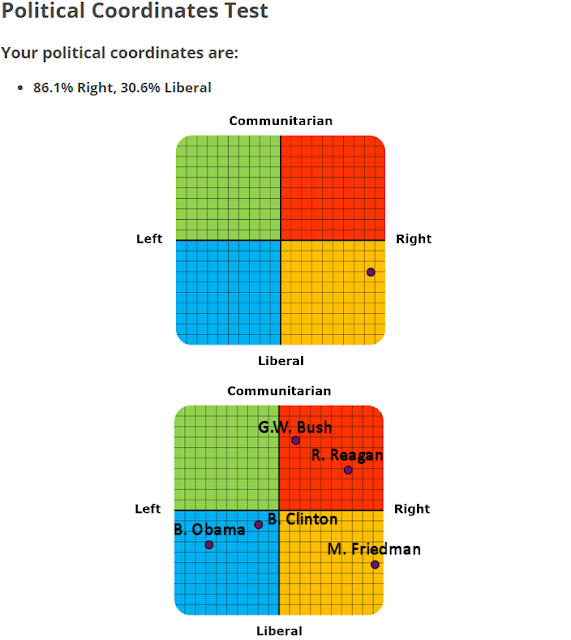"When you add regulations, things get worse." (Brad Green). He is a computer tech, a computer scientist and the Chief Information Officer for PlumbersStock.com
Click here for the summary of the podcast "55: Brad Green on Net Neutrality" (Society and the State) starting at 19:04. This is where I got the quote from Brad Green.
Jeffrey Thayne I would argue that a generic, frosted cake does not inherently carry expression, but a wedding cake does. By virtue of the fact that it is a wedding cake, it carries expressive meaning. It signals that what is happening is a *marriage*, or something very close to it. And so crafting a wedding cake for such an occasion, wether customized as a "gay" wedding cake or not, is an expressive activity.
The better difference would be buying a premade wedding cake off the shelf vs asking the artist to craft one specifically for the occasion.
ManageThe better difference would be buying a premade wedding cake off the shelf vs asking the artist to craft one specifically for the occasion.






